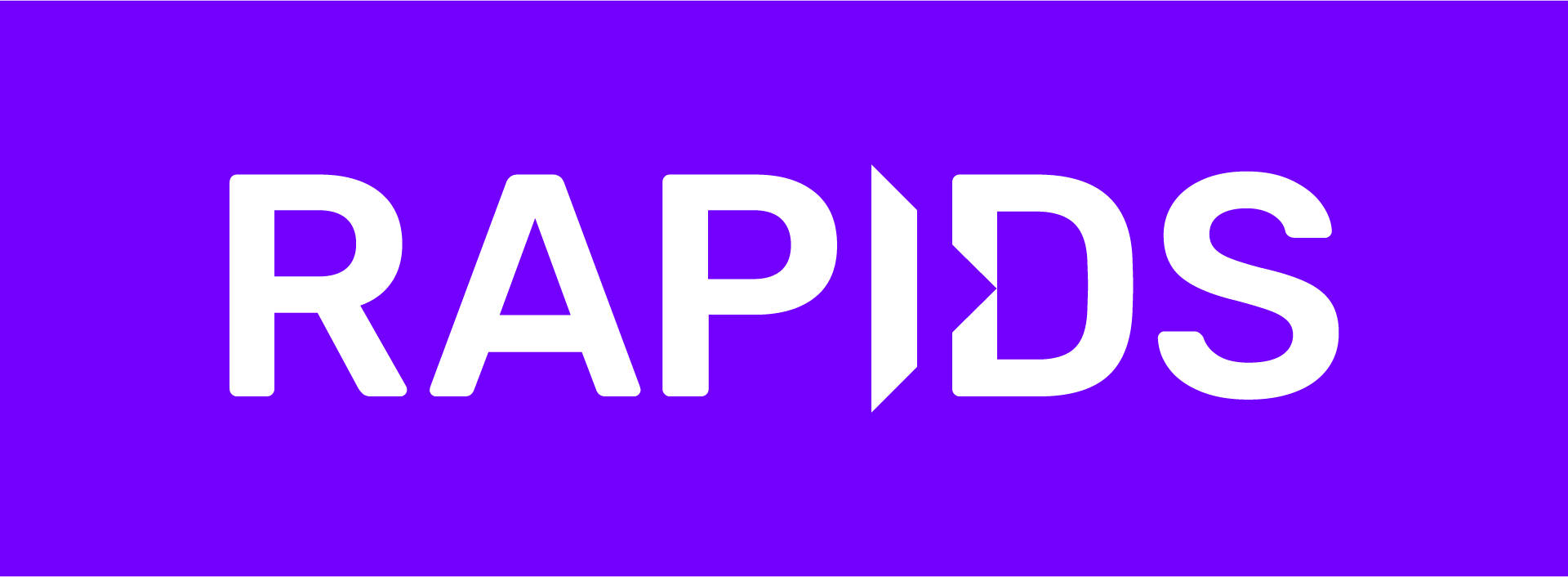RAFT contains fundamental widely-used algorithms and primitives for data science, graph and machine learning. The algorithms are CUDA-accelerated and form building-blocks for rapidly composing analytics in the RAPIDS ecosystem.
By taking a primitives-based approach to algorithm development, RAFT
- accelerates algorithm construction time
- reduces the maintenance burden by maximizing reuse across projects, and
- centralizes the core computations, allowing future optimizations to benefit all algorithms that use them.
At its core, RAFT is a header-only C++ library with optional shared libraries that span the following categories:
| Category | Examples |
|---|---|
| Data Formats | sparse & dense, conversions, data generation |
| Data Generation | sparse, spatial, machine learning datasets |
| Dense Linear Algebra | matrix arithmetic, norms, factorization, least squares, svd & eigenvalue problems |
| Spatial | pairwise distances, nearest neighbors, neighborhood graph construction |
| Sparse Operations | linear algebra, eigenvalue problems, slicing, symmetrization, connected component labeling |
| Basic Clustering | spectral clustering, hierarchical clustering, k-means |
| Combinatorial Optimization | linear assignment problem, minimum spanning forest |
| Iterative Solvers | lanczos |
| Statistics | sampling, moments and summary statistics, metrics |
| Distributed Tools | multi-node multi-gpu infrastructure |
RAFT also provides a Python library that includes
- a python wrapper around the
raft::handle_tfor managing cuda library resources - building multi-node multi-GPU algorithms that leverage Dask
We are continuing to improve the Python API by exposing the core algorithms and primitives from the categories above.
Getting started
Rapids Memory Manager (RMM)
RAFT relies heavily on RMM which, like other projects in the RAPIDS ecosystem, eases the burden of configuring different allocation strategies globally across the libraries that use it. RMM also provides RAII) wrappers around device arrays that handle the allocation and cleanup.
C++ Example
Most of the primitives in RAFT accept a raft::handle_t object for the management of resources which are expensive to create, such CUDA streams, stream pools, and handles to other CUDA libraries like cublas and cusolver.
The example below demonstrates creating a RAFT handle and using it with RMM's device_uvector to allocate memory on device and compute
pairwise Euclidean distances:
#include <raft/handle.hpp>
#include <raft/distance/distance.hpp>
#include <rmm/device_uvector.hpp>
raft::handle_t handle;
int n_samples = ...;
int n_features = ...;
rmm::device_uvector<float> input(n_samples * n_features, handle.get_stream());
rmm::device_uvector<float> output(n_samples * n_samples, handle.get_stream());
// ... Populate feature matrix ...
auto metric = raft::distance::DistanceType::L2SqrtExpanded;
rmm::device_uvector<char> workspace(0, handle.get_stream());
raft::distance::pairwise_distance(handle, input.data(), input.data(),
output.data(),
n_samples, n_samples, n_features,
workspace.data(), metric);Build/Install RAFT
Refer to the Build instructions for details on building and including the RAFT library in downstream projects.
Folder Structure and Contents
The folder structure mirrors other RAPIDS repos (cuDF, cuML, cuGraph...), with the following folders:
ci: Scripts for running CI in PRsconda: Conda recipes and development conda environmentscpp: Source code for all C++ code.docs: Doxygen configurationinclude: The C++ API is fully-contained heresrc: Compiled template specializations for the shared libraries
docs: Source code and scripts for building library documentation (doxygen + pydocs)python: Source code for all Python source code.
Contributing
If you are interested in contributing to the RAFT project, please read our Contributing guidelines. Refer to the Developer Guide for details on the developer guidelines, workflows, and principals.
